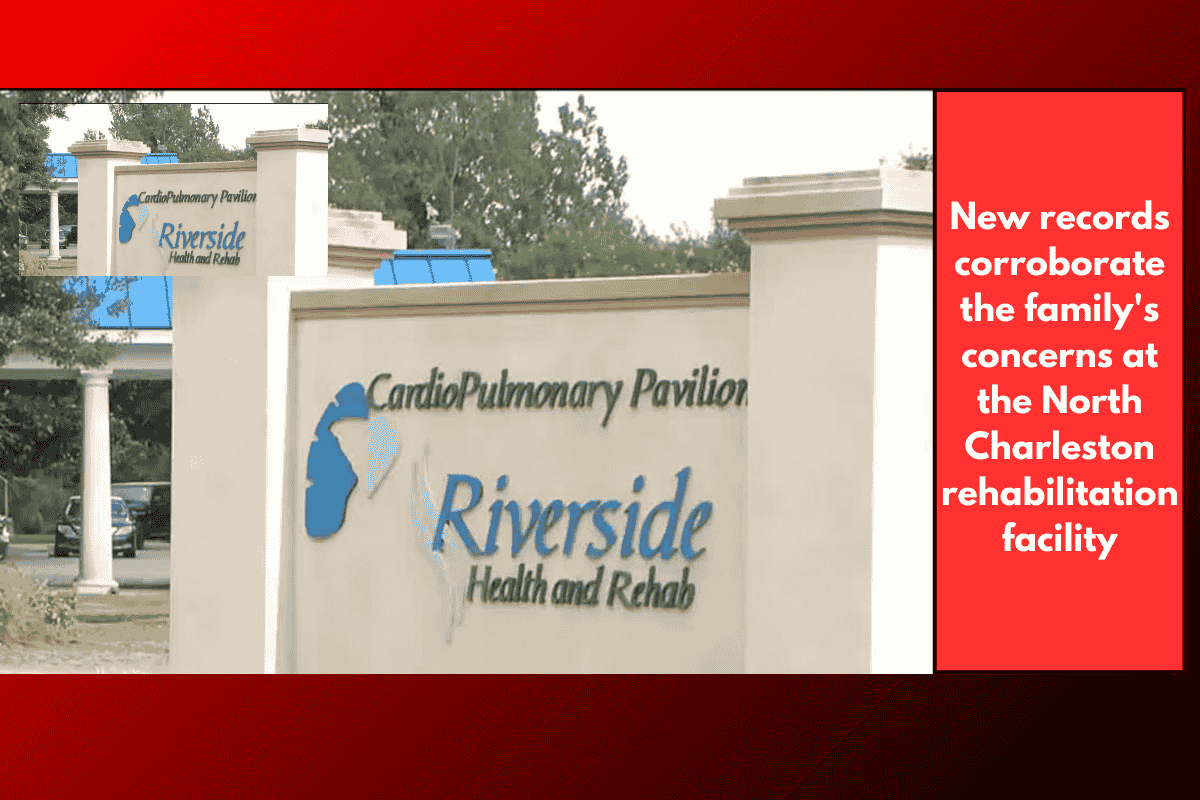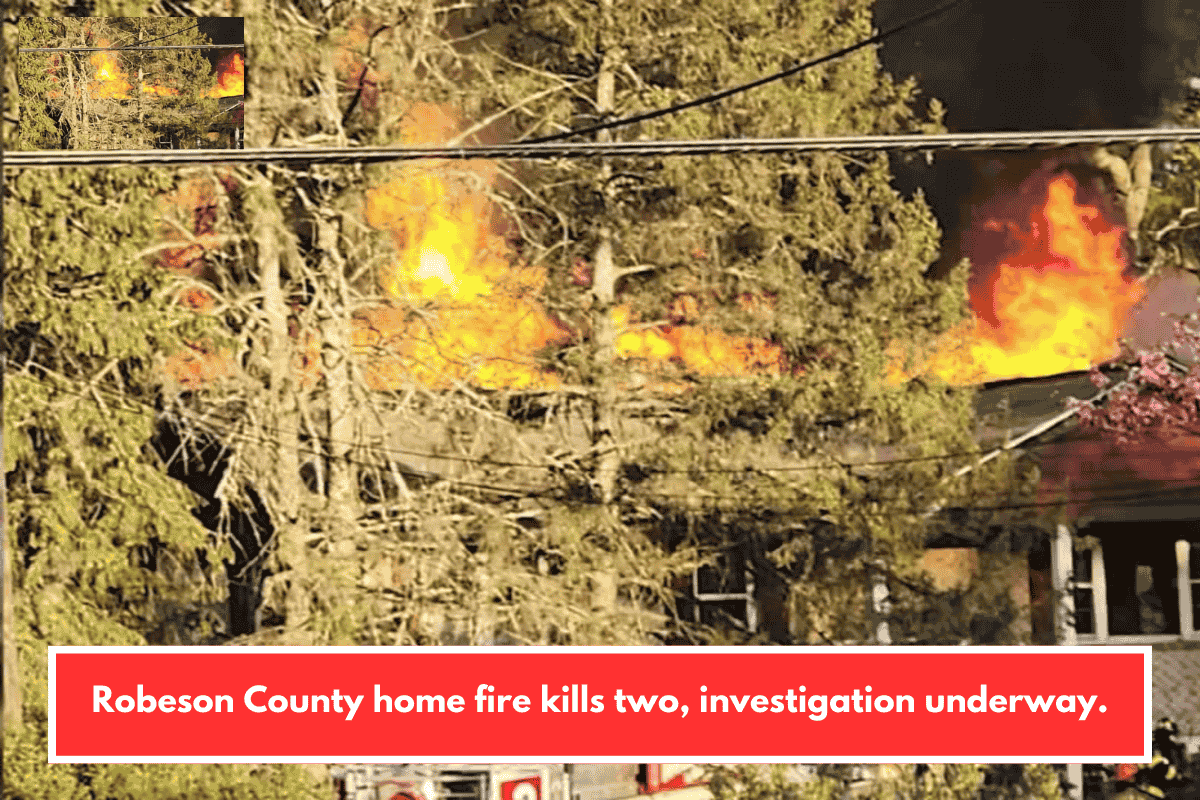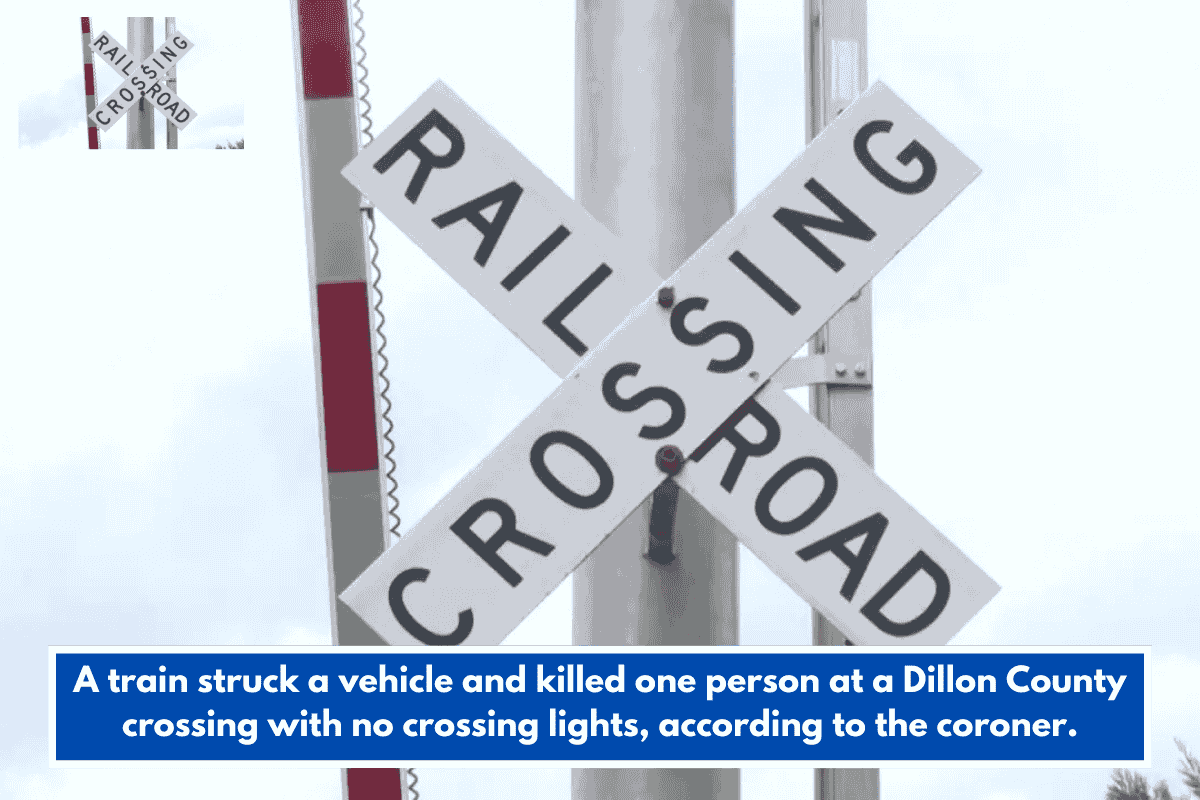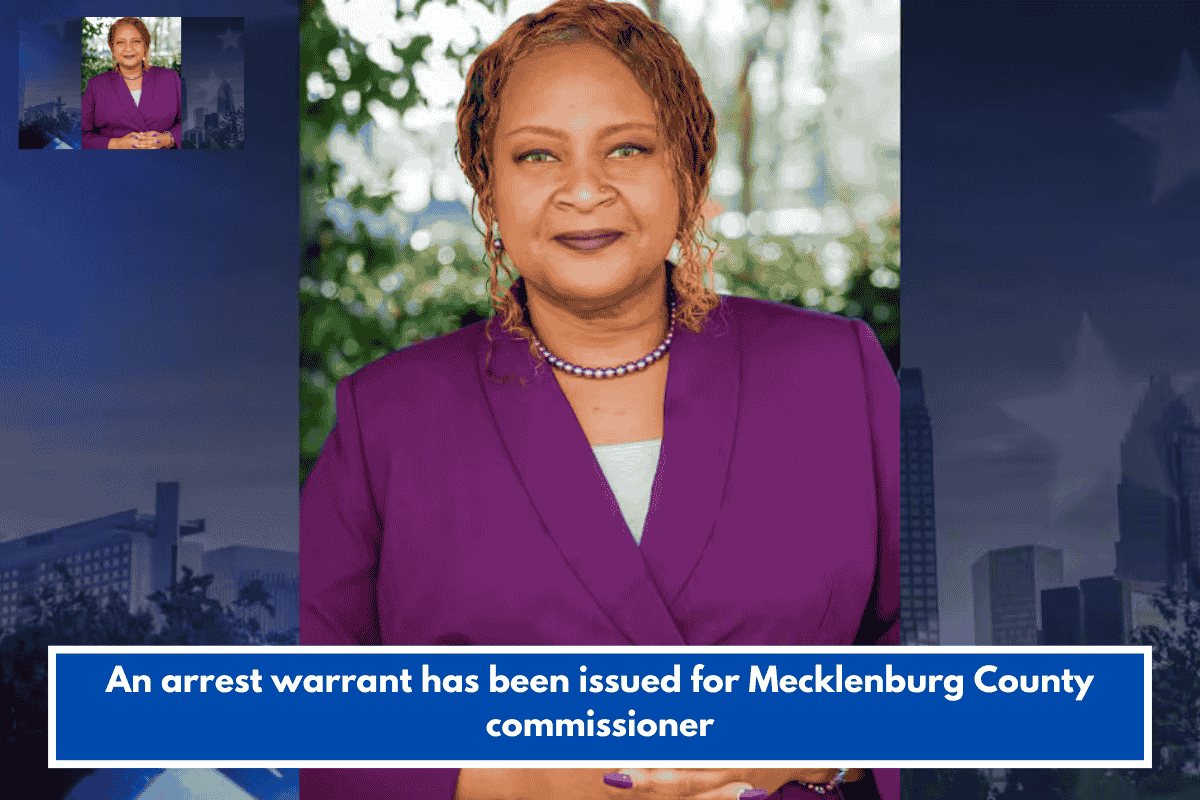Allegations of serious neglect at Riverside Health and Rehab in North Charleston have come to light through newly released state records, leaving families like Charlean Kelly’s devastated and calling for change. The facility, already under scrutiny for past complaints, is now facing fresh criticism after more details of poor care, unsanitary conditions, and understaffing have been made public.
Allegations Mirror Family’s Painful Experience
Charlean Kelly says the reports only confirm what her family experienced firsthand. Her mother, Ethel Kelly, was placed at Riverside when dementia and physical issues made at-home care impossible. Instead of comfort and safety, the family says they found unclean conditions, unanswered calls for help, and a lack of basic hygiene.
“She meant everything to us,” Charlean said. “It’s like someone took a bucket of urine and poured it on her clothes.”
A fall at the facility left Ethel physically injured and shattered the family’s trust. Because of insurance constraints, Charlean couldn’t move her mother elsewhere.
State Records Reveal Disturbing Patterns
Documents from the South Carolina Department of Public Health paint a troubling picture, with dozens of complaints in recent years:
Dirty walls and floors, with a persistent foul smell
Call bells ringing with no response
Insects, including ants biting residents
Bug infestations, spiders, and unclean linens
Staff members using loud music and profanity
A wheelchair causing injury due to missing footrests
Residents lying in soiled beds for long periods
One particularly alarming complaint described a resident found in a pool of blood after a fall. Another referenced a case considered to have a “high concern for neglect” leading to a resident’s death.
Despite some citations—for cleanliness, improper food prep, medication handling, and lack of staff—state health officials did not take action on every complaint. Still, the facility was required to submit correction plans.
Riverside Responds, Defends Its Record
In response to the allegations, Riverside’s Administrator De’Shaon Davis issued a detailed statement. She emphasised that complaints are part of standard regulatory oversight and not proof of wrongdoing.
“We see the complaint process as a tool for continuous improvement,” Davis said. “However, a complaint does not make it inherently true.”
Davis claimed most of the complaints were from over two years ago and had been addressed. She also said the facility had no record of complaints from the Kelly family and was restricted from sharing further details due to privacy laws.
Riverside declined an on-camera interview, stating their focus remains on resident care.
Advocates Point to Larger Issues in Nursing Homes
Sam Brooks, Director of Public Policy for the advocacy group The Consumer Voice, says the root of most nursing home issues is simple: not enough staff.
“Inadequate staffing leads to harm and poor care,” Brooks said. “It’s especially common in for-profit facilities, and the problem has worsened since the pandemic.”
Brooks called for stronger rules on staffing, tougher enforcement of existing laws, and a real commitment to treating residents with dignity and respect.
Families Want Change, Not Just Apologies
For Charlean Kelly, this isn’t just about her mother’s experience—it’s about preventing other families from going through the same heartbreak.
“Now that she’s no longer with us, I want to make sure justice is done,” she said.
While Riverside says it’s working to improve and respond to feedback, families like the Kellys want real accountability. And they’re not alone—dozens of past lawsuits have been filed against the facility, including allegations of medical neglect and wrongful death.
As the debate over nursing home standards continues, one thing is clear: for many Charleston-area families, the current system isn’t working—and the cost is measured in human suffering.














